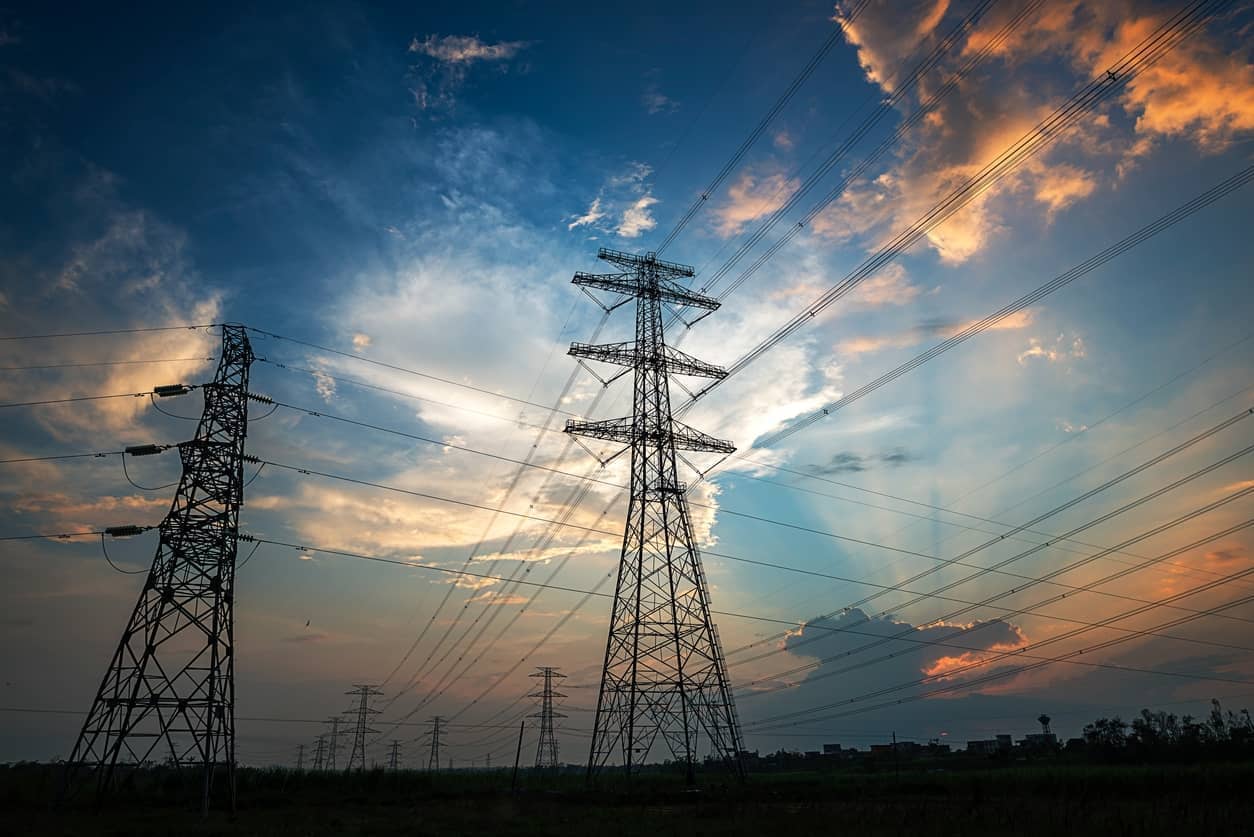Our energy market has not looked this bleak since the Winter of Discontent in the 1970s, a period seared into the memories even of those of us that are too young to actually remember it. For the past year, the chaos has been building, with rising gas and electricity prices, scores of failing suppliers, subsidies for just about every part of the market, and the prospect of, if not blackouts, then energy rationing this winter.
We’re told that the market is ‘broken’, that energy companies are ripping us off with profit maximising behaviours, that price formation in the wholesale markets is ‘frankly ludicrous’, and that Putin’s evil war in Ukraine is largely to blame. The public is both mystified and appalled, seeing ever more expensive bills, grappling with the fallout of their suppliers going bust, and hearing about the possibility of rationing or even blackouts.
So how did we get here and what can be done about it?
There are two things that have coincided to create the current situation: a set of long-term policy failures which are now crystallising, and the war in Ukraine – the timing of which may well be linked to the growing vulnerability of several European countries which have pursued poorly thought out energy policies. Putin can identify these policy failures as much as any other market observer.
The solution is to build more nuclear power and to ensure that there are enough gas power stations to fill the gap
When we began our energy transition away from fossil fuels the government correctly identified three conflicting requirements for the electricity system which would need to be held in balance: security of supply, affordability and de-carbonisation, which came to be known as the ‘energy trilemma’. At the time, we had a degree of over-capacity in the market which was a hangover from the last days before privatisation and the 1990s ‘dash-for-gas’. We also had been enjoying a prolonged period of energy prices which were both low in value and volatility.
This encouraged a false sense of security: de-carbonisation and the pursuit of net zero became the priority, and the trilemma was neglected. In 2018 then Business Secretary, Greg Clark declared that the trilemma was over, and the government, cheered on by the other main political parties, pressed ahead with the deployment of intermittent renewable generation and allowed conventional power stations running on oil, coal, gas and nuclear to close. Over time that spare capacity disappeared, meaning that now, at times when wind generation is low, we can struggle to meet demand even in the summer when we use much less electricity (while winter demand might be around 55 GW, in summer it is nearer to 35 GW).
At the start of the transition, all kinds of assumptions were made along the lines of ‘it will always be windy somewhere’. It was also believed that energy imports together with battery storage would smooth out the intermittency problems with wind and solar power. Unfortunately, experience has shown us that this is not the case. There can be low wind across wide areas, and low wind can persist for days or even weeks – last September there was low wind output across Northern Europe for about three weeks. Of course, there is also no solar power at all at night-time, and the sun sets before there is peak energy in the evenings in winter.
Imports are proving less reliable than expected as well. Two countries in Europe that have typically enjoyed electricity surpluses which they export to Britain and elsewhere, France and Norway, are both experiencing problems that are likely to restrict their ability to provide electricity this winter. Half of the French nuclear fleet is offline following the identification of problems in the cooling circuits of the reactors, while Norwegian reservoir levels are now so low that its ability to export hydro power is at risk.
Battery storage is also not up to the task – the total amount of grid connected batteries currently deployed can back up wind power for 10 to 15 minutes, which is clearly inadequate when there is little wind for days or weeks.
The solution to this problem is to build more nuclear power and to ensure that there are enough gas power stations to fill the gap. The government has belatedly recognised this and has said in a recent consultation that more unabated gas (i.e. without carbon capture technology) will need to be built in the medium term to support security of supply. It is also trying to deliver new nuclear, but again it is making poor choices, relying exclusively on EDF to deliver a new type of reactor that it has spent 20 years trying to build and has yet to deliver in Europe (there are two similar reactors in China, but the lack of transparency over their costs and construction methods means little comfort can be drawn from them).
Earlier this month the Prime Minister unveiled a new energy support package to help both domestic and business consumers with the rising cost of energy. She also stated her renewed commitment to the energy trilemma, announcing two new reviews – one into the regulatory structures needed to deliver long-term energy security and affordability and another into ensuring that the 2050 net zero target is achieved in a way that is ‘pro-business and pro-growth’.
Britain is to rediscover its enthusiasm for oil and gas, which will boost income to the Treasury (something which is much needed to fund the new support package). It is also planning to build new nuclear reactors, with a commitment to meet 25 per cent of electricity demand through nuclear power by 2050. Alongside an accelerated deployment of green technologies, there is a new ambition for the country to become a net energy exporter by 2040.
Energy is vital to our society, but it is also a complicated system. The operation of gas and electricity markets is closely linked with physics, particularly in electricity where a lack of storage means that supply and demand must be closely matched in real time. We expect our lights to come on as soon as we press a switch, regardless of how many other people are also pressing their switches at the same time. But this becomes increasingly difficult when the supply of electricity is based on the weather, with each gust of wind or passing cloud affecting output.
It is essential that policymakers get back to basics and remember that each component of the energy trilemma is important, and that none can be ignored if we are to avoid cold, dark and expensive winters. For too long our energy security has been neglected, and we are going to be paying the price for this in the months to come.







Comments